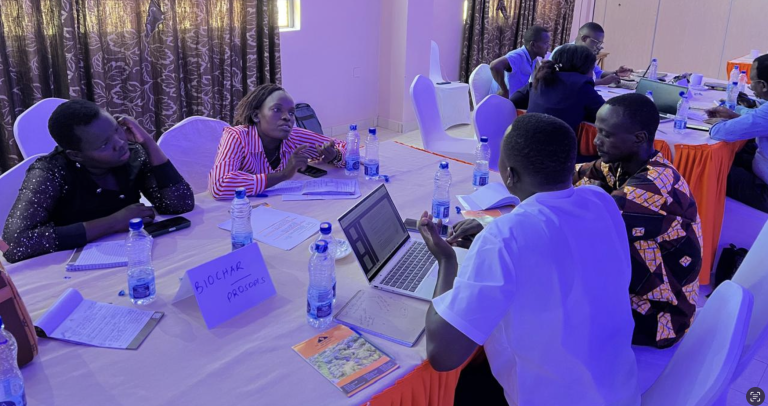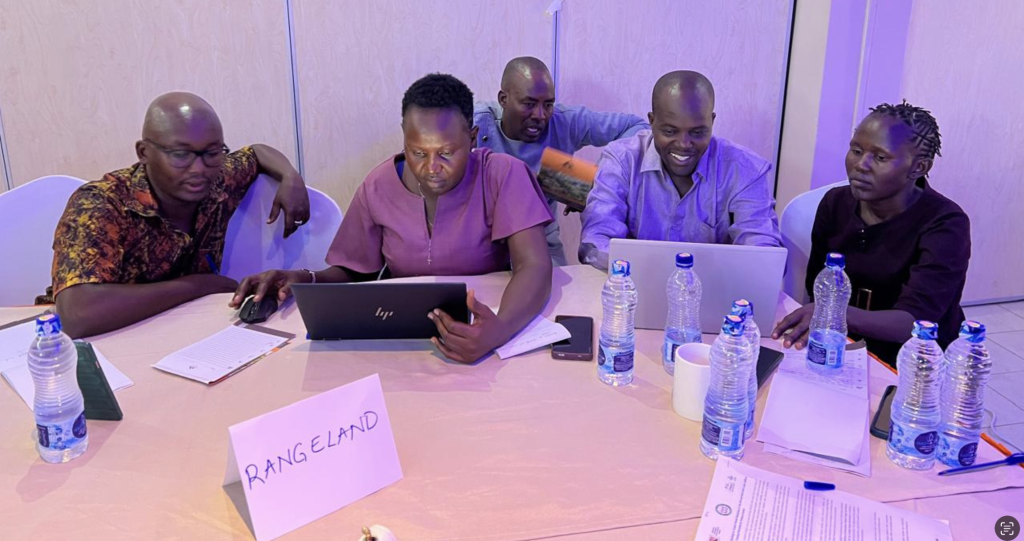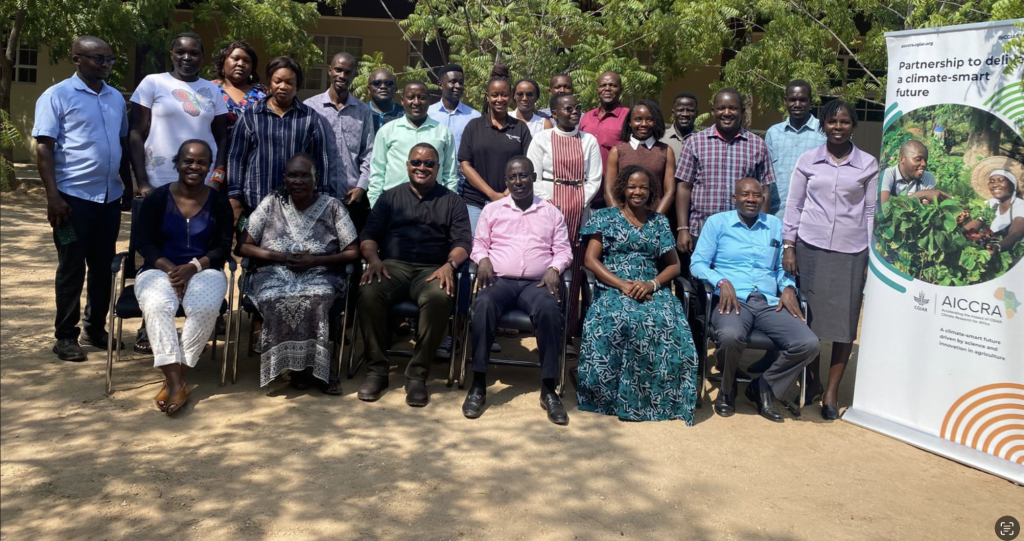Country: Kenya
Strengthening Carbon Market Readiness in Turkana County Through a Capacity Building
About The Training
In November 2025, Verst Carbon partnered with the Turkana County Government, the Ministry of Environment, Climate Change and Forestry, AICCRA, and ForumCIV to deliver a technical workshop focused on Carbon Market Readiness and Investment Opportunities for Turkana County. The training brought together county policymakers, climate officers, civil society organizations, and technical experts to build a shared understanding of how global, national, and voluntary carbon markets operate, and what is required for Turkana to participate effectively.
Drawing from Verst Carbon’s Carbon Markets 101 curriculum, the workshop covered climate science foundations, global climate governance including the Kyoto Protocol and Paris Agreement, carbon crediting mechanisms, the carbon project cycle, methodology selection, Project Design Documents (PDDs), MRV and digital MRV (dMRV) systems, carbon credit pricing, financial instruments, and examples of successful projects across Africa.
The Problem

Turkana County is one of the regions most affected by climate change in Kenya’s arid and semi-arid lands. It continues to face extreme drought, erratic rainfall, degrading rangelands, limited pasture and water resources, and growing threats to pastoral and agro-pastoral livelihoods. These climate pressures have deepened poverty, heightened food insecurity, and undermined the county’s development trajectory. Although Turkana has enacted strong governance instruments such as the Turkana Climate Change Act (2021) and the Climate Change Finance Act (2023), critical capacity and structural gaps have hindered its ability to tap into carbon markets as a source of sustainable climate finance.
Key challenges included limited technical knowledge of carbon market mechanisms, insufficient understanding of carbon project cycles, lack of county-level protocols for project approval, unclear carbon rights and benefit-sharing models, inadequate MRV systems, and low community awareness of carbon activities. Despite immense potential for carbon projects in rangeland restoration, renewable energy, biochar production, and agroforestry, the county lacked the institutional readiness to attract investment or register high-integrity projects.
The Solution

To close these capacity and governance gaps, Verst Carbon delivered a tailored, in-depth capacity-building program designed to equip Turkana’s climate actors with both foundational and advanced knowledge of carbon markets. Through a mix of expert presentations, practical exercises, and policy discussions, participants were guided through the end-to-end carbon project development process including feasibility assessments, baseline determination, additionality demonstration, risk management, MRV planning, and preparation of Project Design Documents.
The training provided clarity on global policy frameworks, including Article 6 of the Paris Agreement, enabling participants to understand opportunities for Internationally Transferred Mitigation Outcomes (ITMOs). Technical sessions also unpacked Kenya’s carbon market regulations and illustrated how Turkana could align its county governance systems with national requirements for project registration, validation, benefit-sharing, and community safeguards.
Using real case examples and scenario-based exercises, participants co-developed five carbon project concepts tailored to Turkana’s ecological and socio-economic context: Prosopis biochar production, rangeland and grassland restoration, afforestation and agroforestry initiatives, institutional and community biogas, and solar-powered clean cooking. These concepts now form the backbone of the county’s emerging carbon project pipeline.
The Impact
The capacity-building workshop generated substantial progress in positioning Turkana County as a leader in carbon market readiness within Kenya’s arid and semi-arid lands. First, it significantly strengthened institutional understanding of carbon markets across government departments, enabling policymakers and technical officers to confidently navigate project development, methodologies, and compliance requirements. Second, it clarified the policy and legal adjustments needed to align county laws with national carbon regulations, laying the groundwork for transparent project approval processes, defined carbon rights, and equitable benefit-sharing.
Third, the collaborative development of five project concepts provided Turkana with a practical project pipeline that can attract investors, development partners, and private-sector actors interested in high-integrity carbon projects. Fourth, the workshop improved coordination between national and county institutions and built partnerships that are essential for long-term readiness. Finally, the training emphasized community involvement, FPIC, and rights-based benefit-sharing, ensuring that future carbon projects in Turkana will be locally understood, socially accepted, and equitably governed.
